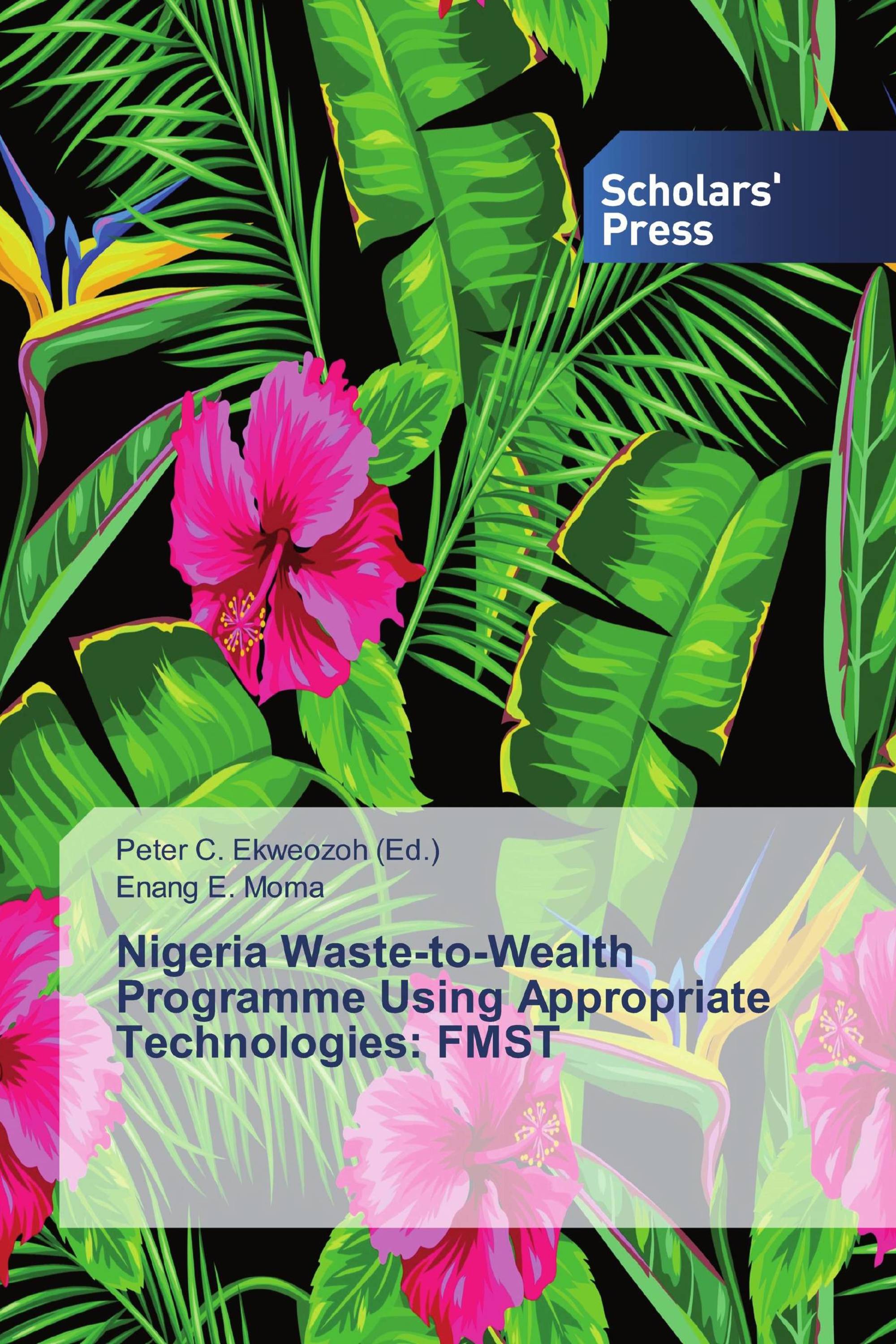Wastes pose serious environmental and health problems, promote insect vectors like mosquitoes and flies (Cairncross, 1993), rats and mice, cause fire hazards, flooding of streams, development of aquatic weeds, odour problems, nuisance, and others. Wastes, if not properly managed can contribute to greenhouse gas emissions and thus increase global warming. Furthermore, certain toxic heavy metals like lead, mercury, cadmium, minerals and manmade synthetic chemicals present in wastes may contribute to environmental degradation that leads to poor health, disease or even death. Waste generation in Nigeria has increased owing to increasing human population and urbanization. Its management has become increasingly complex as the cultural practice of waste dumping not only endangers human health but also adversely damages its environment. Hence there is a need to deploy appropriate technologies to alleviate the adverse impacts of ineffectively managed waste. The National Waste-to-Wealth (NW2W) Programme Using Appropriate Technologies was designed by the Department of Environmental Sciences and Technology of the Nigerian Federal Ministry of Science and Technology.
Book Details: |
|
|
ISBN-13: |
978-620-2-31835-8 |
|
ISBN-10: |
620231835X |
|
EAN: |
9786202318358 |
|
Book language: |
English |
|
Edited by: |
Peter C. Ekweozoh |
|
Number of pages: |
64 |
|
Published on: |
2018-10-10 |
|
Category: |
Building and environmental technology |
